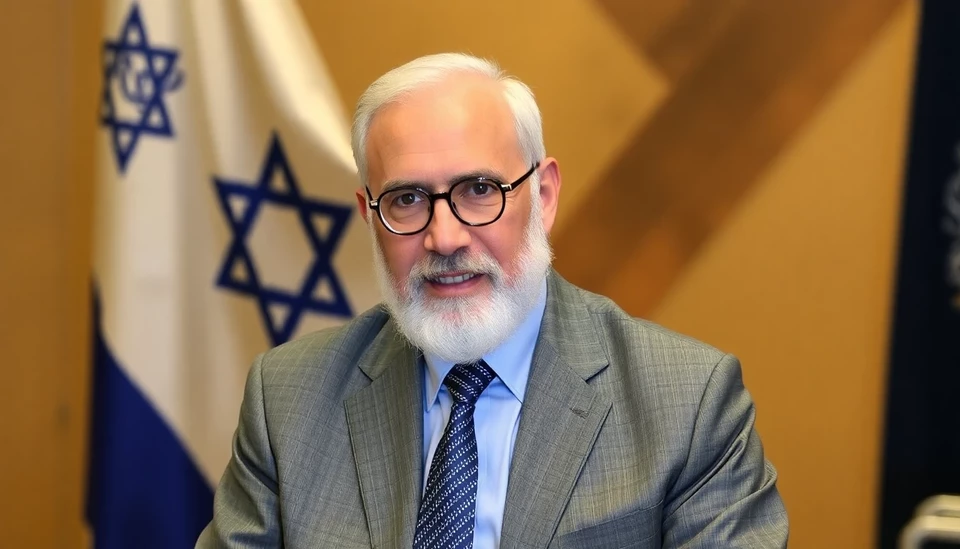
In a recent address by Israel's monetary chief, there has been a stark warning regarding the duration of the ongoing conflicts in the region. According to the head of the Bank of Israel, the wars that have torn through the country may persist well into the early months of 2024. This projection comes in the wake of escalating tensions and violent confrontations that have created uncertainty regarding Israel’s economic stability.
The chief economist emphasized that the current geopolitical situation presents significant challenges for fiscal policy and economic forecasting. He noted that the conflict's impact is already being felt across various sectors, manifesting in everything from rising inflation to disrupted supply chains. As such, maintaining economic resilience during this tumultuous period is paramount. The monetary authority is working diligently to adapt its strategy to dampen potential fallout and stabilize the economy amid prevailing uncertainties.
During a press briefing, the monetary chief elaborated on the complexities that arise from balancing military needs with economic imperatives. The demands of national defense have strained public finances, presenting a dual challenge of ensuring funding for military operations while maintaining growth in other critical areas. Investors and markets are closely watching developments, as the potential for sustained unrest raises concerns about investment and economic confidence in the region.
Moreover, the monetary authority is actively implementing measures to reinforce the economy against external shocks. Adaptations in interest rates and monetary policy are being considered to ensure liquidity and foster a conducive environment for economic recovery. As the situation evolves, the Bank of Israel remains committed to safeguarding financial stability while cautiously navigating the uncertainties of the ongoing conflicts.
The forecast of continuing turmoil carries implications not just regionally, but also globally, as Israel is a significant player in international markets, especially in technology and innovations. Analysts suggest that prolonged conflicts may hinder collaborations and investments, potentially curbing growth patterns that have defined the Israeli economy over recent years. Businesses are preparing for a challenging financial landscape, and families are facing upheaval as the socio-economic ramifications continue to ripple through society.
In conclusion, as Israel grapples with its entrenched strife, the insights provided by the monetary chief are crucial in understanding the multifaceted impacts of war on the nation's economy and the intricate balancing act required to forge a path forward. The focus will remain on strategic responses that prioritize both national security and economic welfare, as the country looks to navigate a precarious future.
#IsraelConflict #EconomicImpact #BankOfIsrael #MonetaryPolicy #MiddleEast #PoliticalTensions #2024Forecast
Author: Rachel Greene
